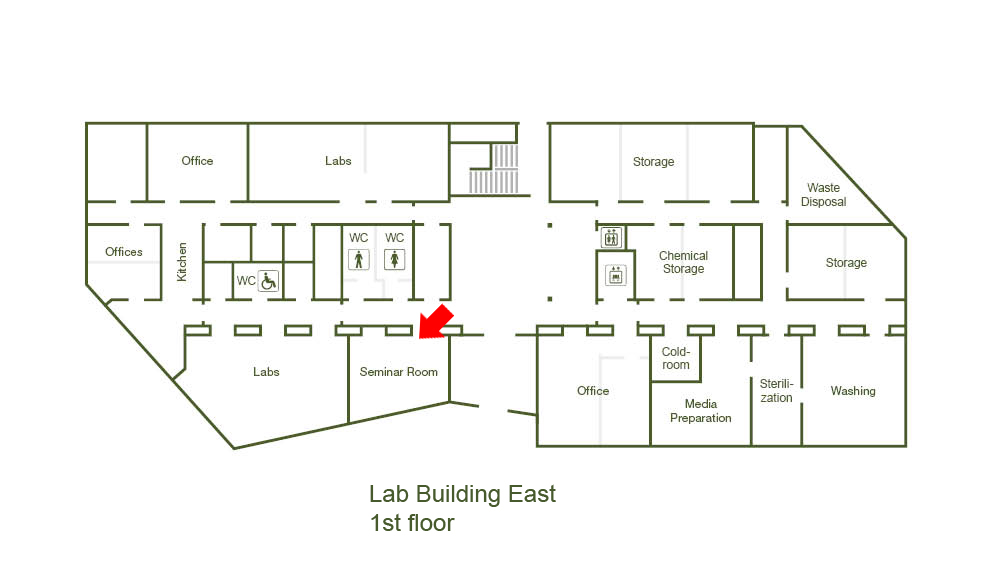Differential role of amygdalar PPARs in conditioned fear, anxiety and cognitive behaviour in the presence and absence of nociceptive tone

Peroxisome proliferator-activated receptors (PPARs) are nuclear receptors. There is evidence for their involvement in pain, cognition, and anxiety. However, their role in pain-fear interactions is unknown. The aim of the research was to investigate the effects of the systemic and intra-basolateral amygdala (BLA) and central amygdala (CeA) administration of PPARa, PPARb/d and PPARg antagonists on nociceptive behaviour, fear-conditioned analgesia (FCA), conditioned fear, anxiety and cognition in presence or absence of nociceptive tone in rats.
Systemic administration of all antagonists potentiated context-induced freezing in the presence of a formalin-evoked nociceptive tone, with no effect on nociceptive behaviour. Intra-BLA, but not intra-CeA, administration of PPARa or PPARg antagonists potentiated freezing in the presence of nociceptive tone in FC rats. Blockade of all PPARs in the BLA, but not in the CeA, increased freezing and BLA dopamine levels in NFC rats in the absence of nociceptive tone. Formalin-injected FC rats receiving intra-BLA PPARa and PPARg antagonists had higher levels of dopamine in the BLA. Systemic administration of PPAR antagonists do not seem to change anxiety-related or cognitive-related behaviour.